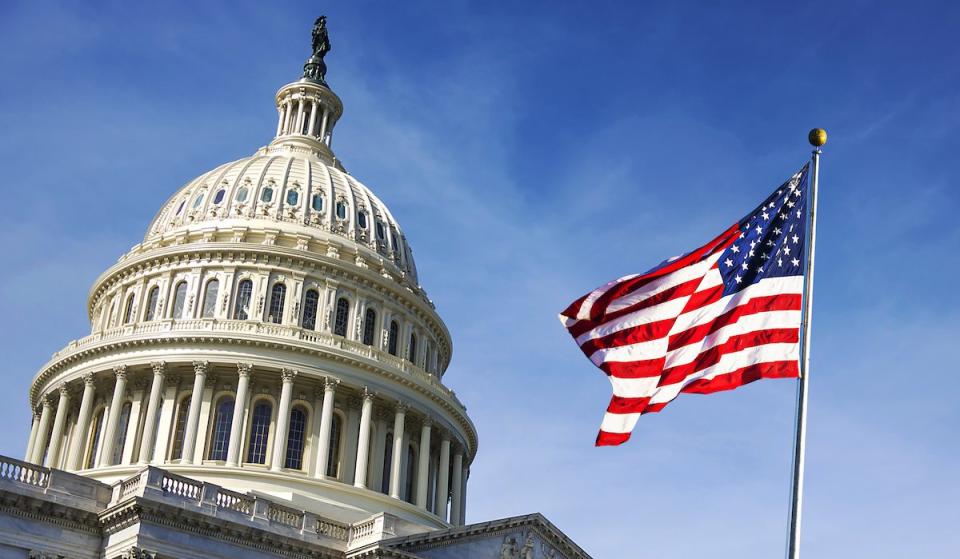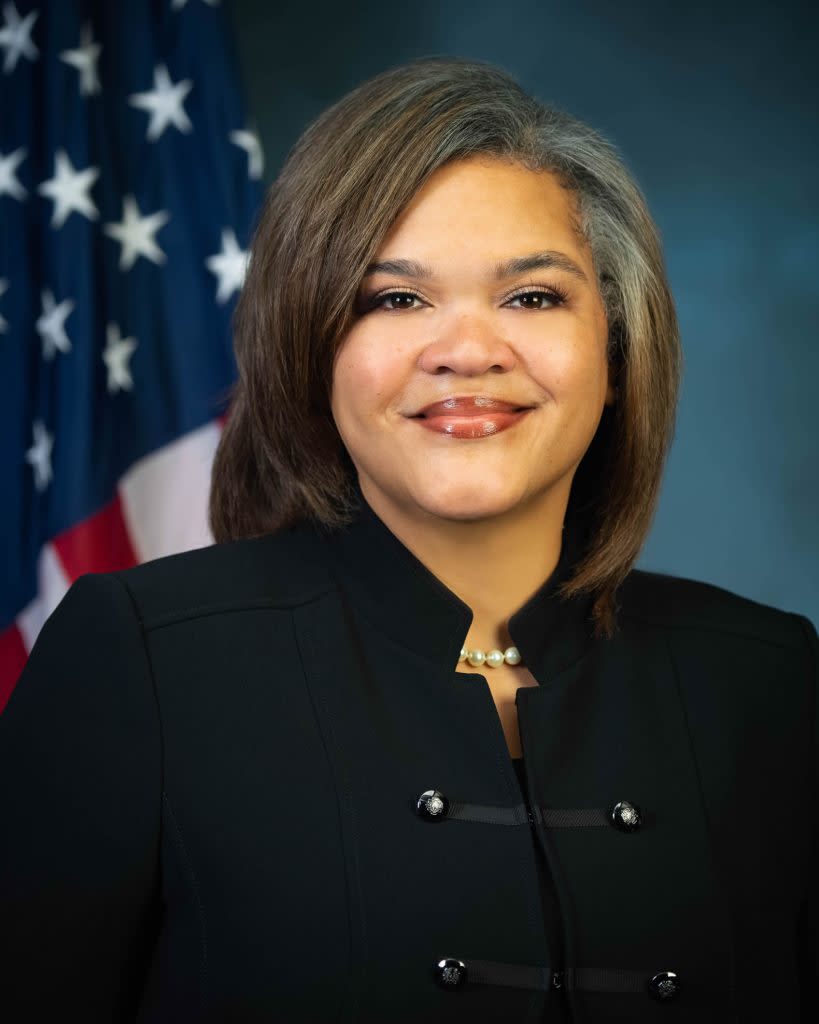CBO projects FHA to lose $7 billion in 2024 receipts; budget cuts could impact reverse mortgages

The Federal Housing Administration (FHA) faces a potential loss of roughly $7 billion in receipts in 2024, and a failure by Congress to come to terms on certain spending agreements could force across-the-board cuts to non-defense spending of roughly 5-to-9%.
This is according to a letter published this week by the Congressional Budget Office (CBO), submitted to the chairman and ranking member of the U.S. House of Representatives budget committee.
CBO projections for FHA
“This letter provides CBO’s assessment of the effects of the caps on discretionary funding in fiscal year 2024,” the letter reads. “Those effects will depend on the nature and timing of appropriation legislation and on decisions by [OMB]. If necessary, the caps will be enforced by OMB through sequestration, the process by which across-the-board reductions are applied to budgetary resources.”
If Congress is unable to come to a compromise on government funding — with current continuing resolutions in place in two phases — sequestration would force cuts to both defense and nondefense government spending. The latter would see far more severe cuts, according to CBO.
“In the scenarios CBO examined, if enacted funding equaled the annualized amount of funding under the continuing resolution, sequestration would be required and would result in across-the-board reductions ranging from 5 percent to 9 percent for nondefense funding and from zero to 1 percent for defense funding, depending on when appropriations were enacted and what form they took,” the letter said.
FHA’s lower expected receipts in 2024 are cited by CBO as one of the reasons that nondefense spending could see more severe cuts in 2024, but both housing groups and the agencies themselves have explained that additional resources from Congress are needed to adequately handle the housing challenges across the country today.
MBA, NRMLA advocate for full FHA, Ginnie Mae funding
Leaders in Congress have been entertaining the notion of a 1% cut to housing agencies. In December, leaders at housing advocacy groups including the Mortgage Bankers Association (MBA) and the National Reverse Mortgage Lenders Association (NRMLA) submitted a letter urging leaders in Congress to fully fund FHA and Ginnie Mae.
“The [budget agreement] enacted this past spring contained an overall discretionary spending level of 1% below FY 2023 spending levels,” the letter said. “At this time, it is unclear whether FY 2024 HUD funding will be approved through a traditional conference report, a continuing resolution, or a reversion to the budget agreement default process.”
FHA, the groups said, provides “the most important mortgage option for affordable mortgage loans for first-time, minority, and other underserved homebuyers – responsibly serving qualified borrowers with low down payment requirements or minor credit blemishes,” while Ginnie Mae maintains a “critical role” in the housing ecosystem with its mortgage-backed securities (MBS) program and its other important roles in rural housing and loans for veterans.
A one percent cut to these agencies, the letter said, would “prove inadequate and substantially undermine FHA’s ability to fulfill its baseline responsibilities and pursue the initiatives identified above,” and would “result in harmful mortgage market impacts and taxpayer risks” for Ginnie Mae.
Possible reverse mortgage impacts
A reduction in FHA’s budget could negatively impact the administration of the Home Equity Conversion Mortgage (HECM) program, but another reverse mortgage impact could be from potential cuts to Ginnie Mae due to liquidity challenges being faced in the reverse mortgage business.
After assuming control of Reverse Mortgage Funding (RMF)’s portfolio of HECM-backed securities late last year, Ginnie Mae officials explained throughout last year that the assumption of a large portfolio — estimated to contain as much as one-third of all HMBS issuance as of mid-2023 — necessitated more appropriations from Congress to adequately manage it.
In its 2024 budget request submitted to Congress last March, Ginnie Mae explained some of the challenges inherent in managing the RMF portfolio.
“We continue to spot new issues as we take the RMF portfolio in-house,” Ginnie’s budget request document said. “It has become clear that the HECM program requires enhanced governance across how Ginnie Mae makes decisions […] because the HMBS program presents a heightened set of operational risks for Ginnie Mae, we require additional staff to work through these issues.”
A continuing resolution keeps Ginnie Mae ‘flat’

In an interview with RMD late in 2023, Ginnie Mae President Alanna McCargo spoke about some of the challenges in securing additional appropriations considering the narrow political majorities in both houses of Congress.
“We’ve been on a journey to right-size Ginnie Mae since I started, and then the acquisition of this portfolio and with the role we’re playing right now in the reverse industry, [that has] only accelerated our need to have more focus, more resources and more people to do the business that we have to do,” McCargo said.
While there has been some support shown for fully funding Ginnie Mae in Congress, operating off of a continuing resolution has stifled any potential growth in appropriations, she explained.
“Unfortunately, the [continuing resolution] that we’re currently operating under keeps us flat, so it really does slow down our ability to do the hiring and planning that we want and need to do,” McCargo said.
External to the budget issues, Ginnie Mae has taken steps to improve reverse industry liquidity by reducing the minimum size required to create HMBS pools to assist smaller issuers and changing certain pool eligibility requirements to ease some strain.
